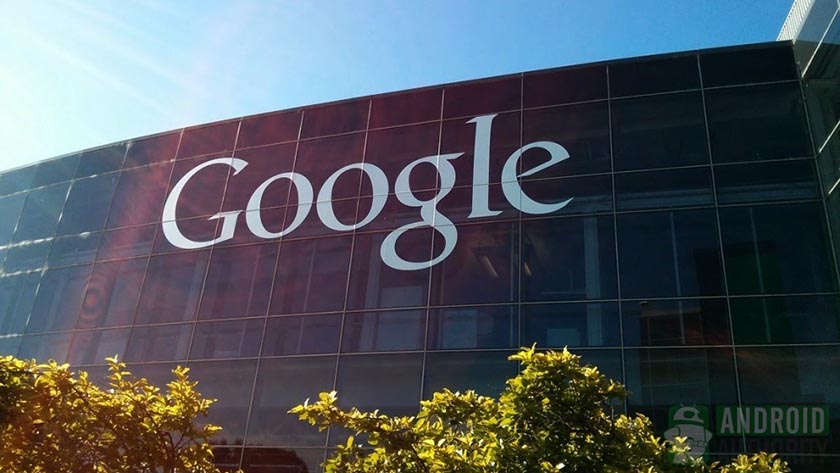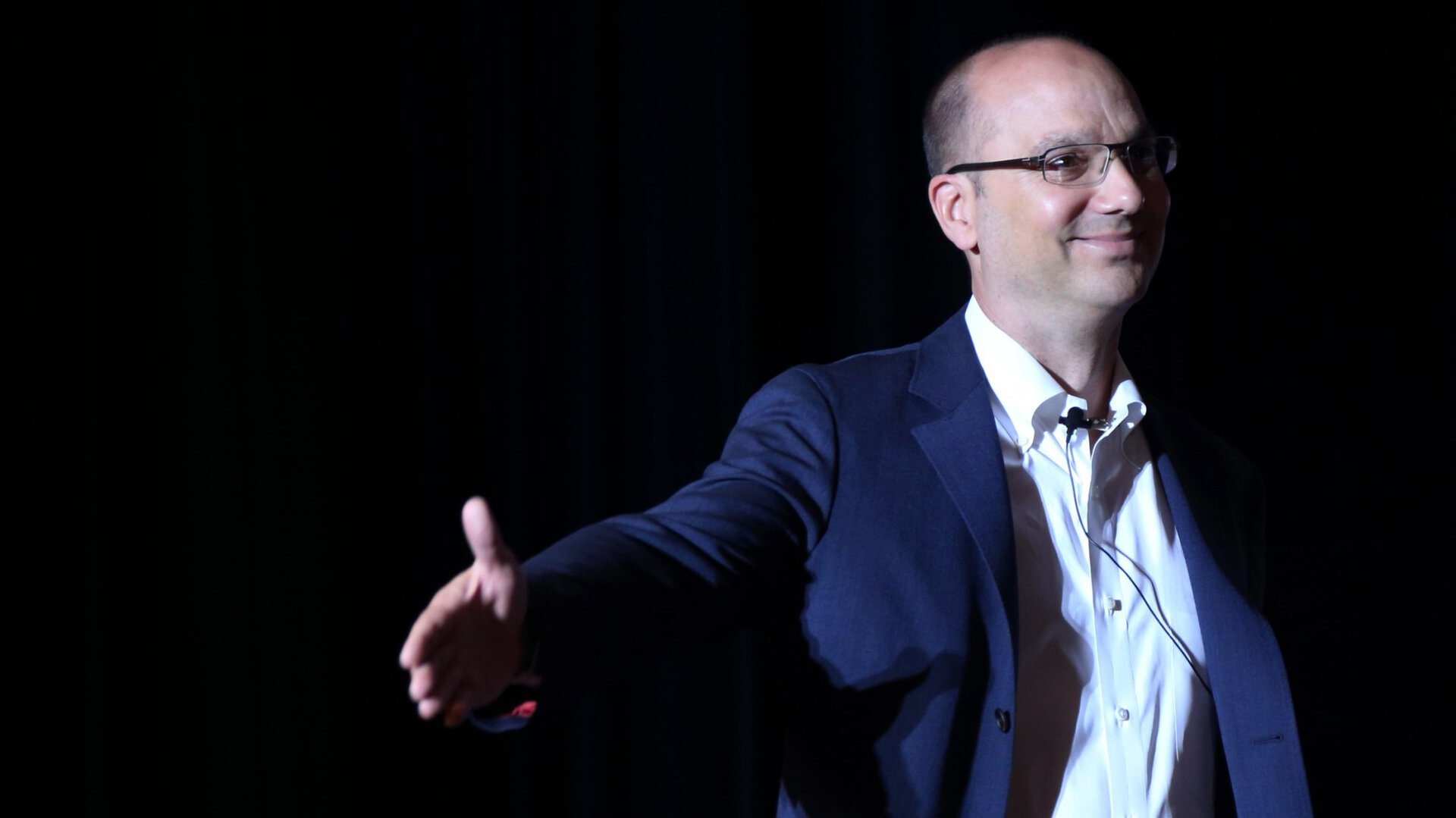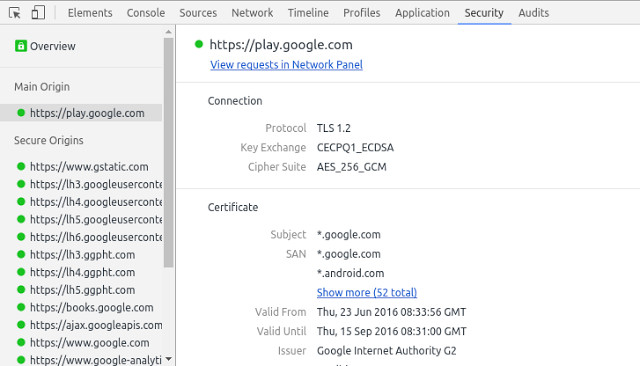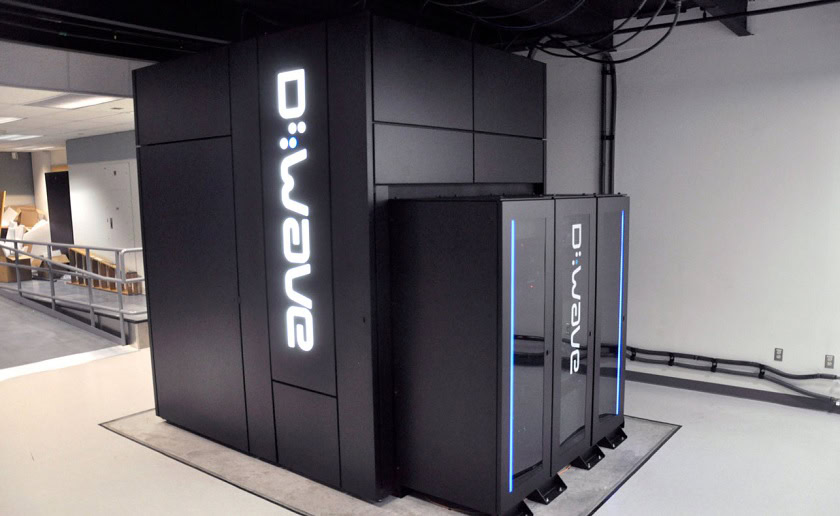Affiliate links on Android Authority may earn us a commission. Learn more.
Google gearing up to defend against quantum decryption

Large-scale quantum computing is still a thing of science fiction. However, a quick glance around will show you that a lot of things that were previously science fiction are currently a part of our everyday experience. People are walking around catching Pokemon, for chrissakes. So even though we’re not certain that the principles of quantum physics will unlock a new landscape of computational power, Google is nevertheless gearing up to create cryptographic means robust enough to withstand quantum cracking.
Projections regarding the potential of quantum computing are pretty incredible. Small-scale quantum computers exist today, but Google believes that a theoretical large-scale quantum computer could be capable of decrypting “any internet communication that was recorded today.” They note that it’s important for some information, like government documents, need to remain confidential for years after their dissemination.

Google has announced that they are beginning an experiment through which a small portion of connections between Chrome and the browser’s servers will use post-quantum key-exchange algorithm, theoretically making them immune to quantum decryption in the future. This is still in an experimental state, but Google hopes that their results will allow them to rollout quantum-proof means of communication in the future.
This experiment is currently enabled in Chrome Canary and you can tell whether it’s being used by opening the recently introduced Security Panel and looking for “CECPQ1”, for example on https://play.google.com/store. Not all Google domains will have it enabled and the experiment may appear and disappear a few times if any issues are found.

The search giant is insuring users that this will not affect user security; indeed, any data ferried this way is theoretically more secure. While we wait for the possible rise of quantum computing and Google continues their tinkering, let us know what you think of this research in the comments below. Is quantum computing close enough that these measures are necessary?
